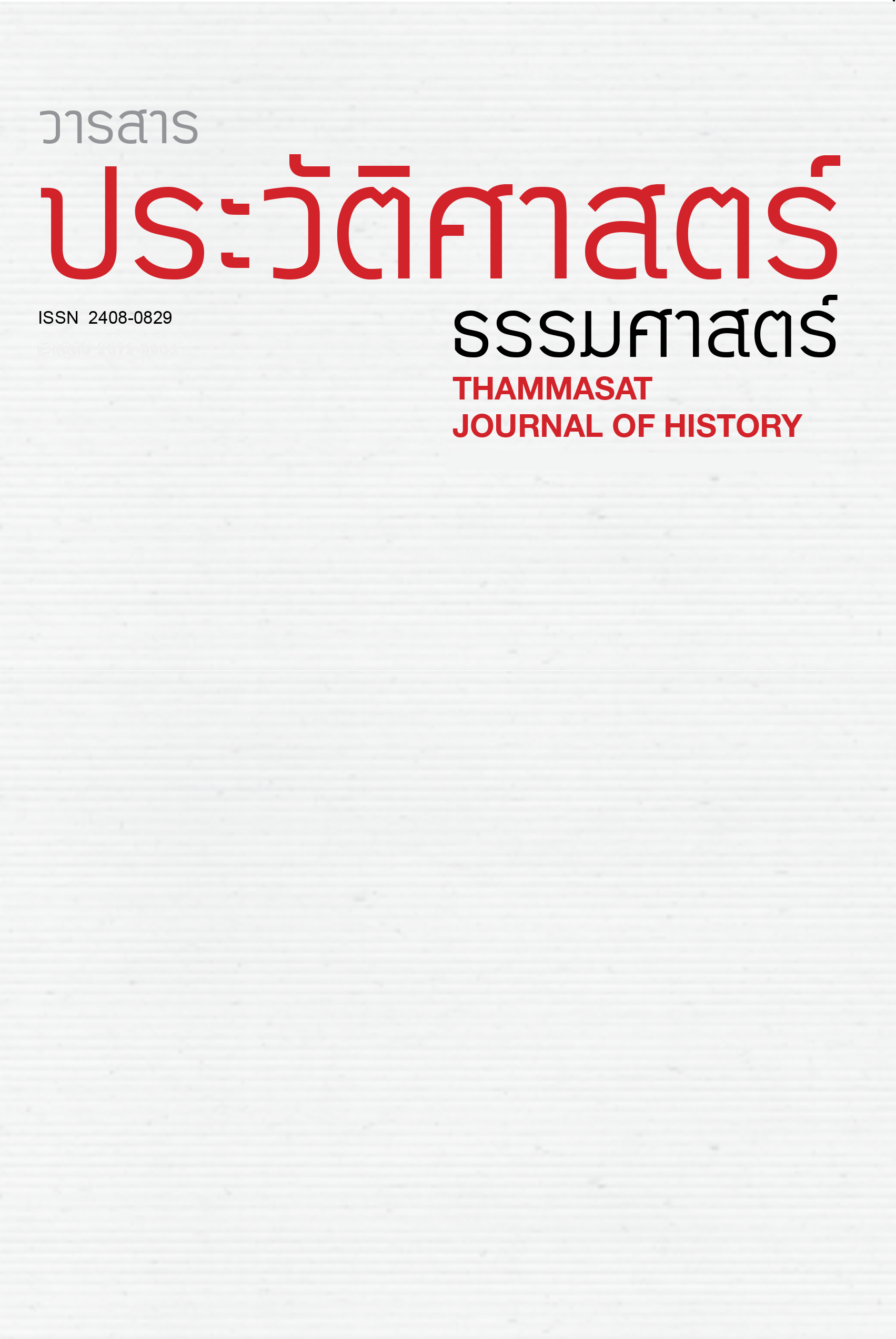Comparative History: Its History, Challenges, and Debates
Main Article Content
Abstract
Comparative history has a long tradition beginning from Greek historiography. It is especially useful in validating hypotheses, finding causal relations and addressing peculiarities. It is a resilient method since it is compatible with both macro and micro cases. However, it has faced challenges from the 1960s from postmodernism and the cultural turn. These turns pointed out several weaknesses of the approach. Some of the studies were done with asymmetrical comparison while others were clouded with methodological nationalism. The language barrier also poses an important challenge to it. Lastly, it pulled out the studied object from time and space.
Article Details

This work is licensed under a Creative Commons Attribution-NonCommercial-NoDerivatives 4.0 International License.
Copyright of any paper published in this journal belongs to the Author and All rights reserved.
The opinions expressed in the journal are those of the authors. Department of History, Philosophy and English Literature’s Journal Committee, Editorial Board and Peer Reviewer do not have to agree with those comments.
References
Baker, Chris, and Pasuk Phongpaichit. A History of Thailand. 4th ed. Melbourne, Australia: Cambridge University Press, 2014.
Baldwin, Peter. “Comparing and Generalizing: Why All History is Comparative, Yet No History is Sociology.” In Comparison and History: Europe in Cross-National Perspective, edited by Deborah Cohen, and Maura O'Connor, 25-46. New York: Routledge, 2004.
Bauck, Sönke, and Thomas Maier. “Entangled History.” InterAmerican Wiki: Terms - Concepts - Critical Perspectives. Accessed March 19, 2022. https://uni-bielefeld.de/einrichtungen/cias/wiki/e/entangled-history.xml.
Chai Skulchokchai. “The Same Old Story?: The collapse of the semi-democracy regime in the 1930s Japan and 2006 Thailand.” Asian Review 35, no. 2, forthcoming.
Duignan, Brian. "Postmodernism." Encyclopedia Britannica. Accessed September 4, 2020. https://www.britannica.com/topic/postmodernism-philosophy
Gerschenkron, Alexander. Economic Backwardness in Historical Perspective: A Book of Essays. Cambridge, MA: The Belknap Press of Harvard University Press, 1962.
Gordon, Andrew. A Modern History of Japan: From Tokugawa Times to the Present. 2nd ed. Oxford, UK: Oxford University Press, 2009.
Haupt, Heinz-Gerhard and Jürgen Kocka. “Comparative History: Methods, Aims, Problems.” In Comparison and History: Europe in Cross-National Perspective, edited by Deborah Cohen, and Maura O'Connor, 23-39. New York: Routledge, 2004.
Kaelble, Hartmut. “Comparative and Transnational History.” Special issue, Ricerche di storia politica: Quadrimestrale dell'Associazione per le ricerche di storia politica (October 2017), 15-24.
Kenney, Padraic, and Gerd-Rainer Horn. “Introduction: Approaches to the Transnational”, In Transnational Moments of Change: Europe 1945, 1968, 1989, edited by Gerd-Rainer Horn, and Padraic Kenney, ix-xix. Lanham, MD: Rowman & Littlefield, 2004.
Kocka, Jürgen. “Comparison and Beyond.” History and Theory 42, no. 1 (February 2003): 39-44.
Kocka, Jürgen, and Heinz-Gerhard Haupt. “Comparison and Beyond: Traditions, Scope, and Perspectives of Comparative History.” In Comparative and Transnational History: Central European Approaches and New Perspectives, edited by Heinz-Gerhard Haupt, and Jürgen Kocka, 1-30. New York: Berghahn Books, 2009.
Levine, Philippa. “Is Comparative history Possible?” History and Theory 53, no. 3 (October 2014): 331-347.
Lipset, Seymour Martin. “Some Social Requisites of Democracy: Economic Development and Political Legitimacy.” The American Political Science Review 53, no. 1 (March 1959): 69-105.
Lorenz, Chris. “Comparative Historiography: Problems and Perspectives.” History and Theory 38, no. 1 (February 1999): 25-39.
Lorenz, Chris. “‘Won't You Tell Me, Where Have All the Good Times Gone'? On the Advantages and Disadvantages of Modernization Theory for History.” Rethinking History 10, no. 2 (August 17, 2006): 171-200.
Malitz, David Michael. Japanese-Siamese Relations from the Meiji Restoration to the End of World War II: Relations and Representations. Bochum and Freiburg: Projektverlag, 2016.
Mahoney, James, and Dietrich Rueschemeyer. “Comparative Historical Analysis: Achievements and Agendas.” In Comparative Historical Analysis in the Social Sciences, edited by James Mahoney and Dietrich Rueschemeyer, 3-38. Cambridge, UK: Cambridge University Press, 2003.
Music, Goran. “1968 Movements in Belgrade and Mexico City: A Comparative Analysis.” Master’s thesis, University of Vienna, 2008.
Pomeranz, Kenneth. The Great Divergence: China, Europe, and the Making of the Modern World Economy. Princeton, NJ: Princeton University Press, 2021.
Skocpol, Theda. States and Social Revolutions: A Comparative Analysis of France, Russia and China. Cambridge, UK: Cambridge University Press, 1979.
Steinmetz, George. “Comparative History and Its Critics: A Genealogy and a Possible Solution.” In A Companion to Global Historical Thought, edited by Prasenjit Duara, Viren Murthy, and Andrew Sartori, 412-436. Malden, MA: Wiley Blackwell, 2014.
Steinmo, Sven, Kathleen Thelen, and Frank Longstreth, eds. Structuring Politics: Historical Institutionalism in Comparative Analysis. Cambridge, UK: Cambridge University Press, 1992.
Takenaka, Harukata. Failed Democractization in Prewar Japan: Breakdown of a Hybrid Regime. Stanford, CA: Stanford University Press, 2014.
Welskopp, Thomas. “Comparative History”. European History Online. Leibniz Institute for European History. Accessed December 3, 2010. http://ieg-ego.eu/en/threads/en/threads/theories-and-methods/comparative-history/thomas-welskopp-comparative-history


